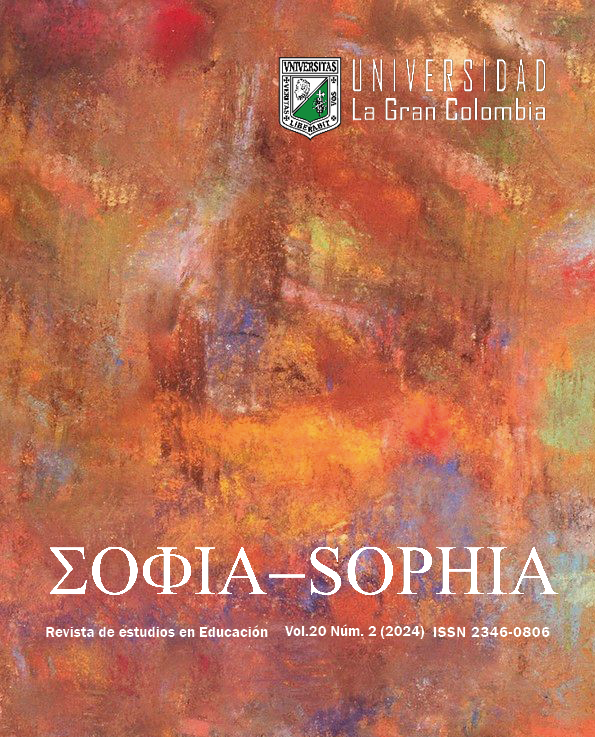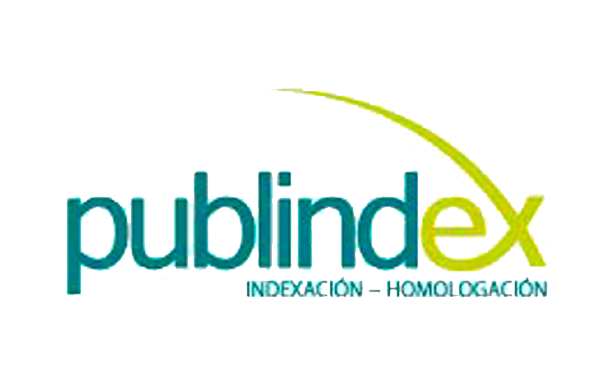Analysis of scientific production on environmental education in the Scopus database (2013-2023).
DOI:
https://doi.org/10.18634/sophiaj.20v.2i.1489Keywords:
ecology, environment, environmental education, environmental sciencesAbstract
This article analyses trends in scientific production on environmental education in the Scopus database from 2013-2023 based on the evolution of approaches and priorities in the field. The research is structured under a mixed approach that integrates a bibliometric analysis to quantify the volume, impact, and international collaboration in publications, with a qualitative analysis of the topics and approaches in the most cited articles. The results highlight a significant increase in publications driven by the global need for sustainability and environmental skills training. Interdisciplinarity, combined with collaborations between critical regions, has favored a more comprehensive approach adapted to the environmental realities of each context. Likewise, the prevalence of terms such as “project” and “experiential learning” reveals a transition towards methodologies that promote environmental action and responsibility among students. The conclusions underline the importance of these findings for researchers and educators interested in implementing effective environmental education programs.Downloads
Published
2024-11-06
Issue
Section
Artículos de investigación
License
Creative Commosn Licence 4.0
How to Cite
Analysis of scientific production on environmental education in the Scopus database (2013-2023). (2024). Sophia, 20(2). https://doi.org/10.18634/sophiaj.20v.2i.1489








